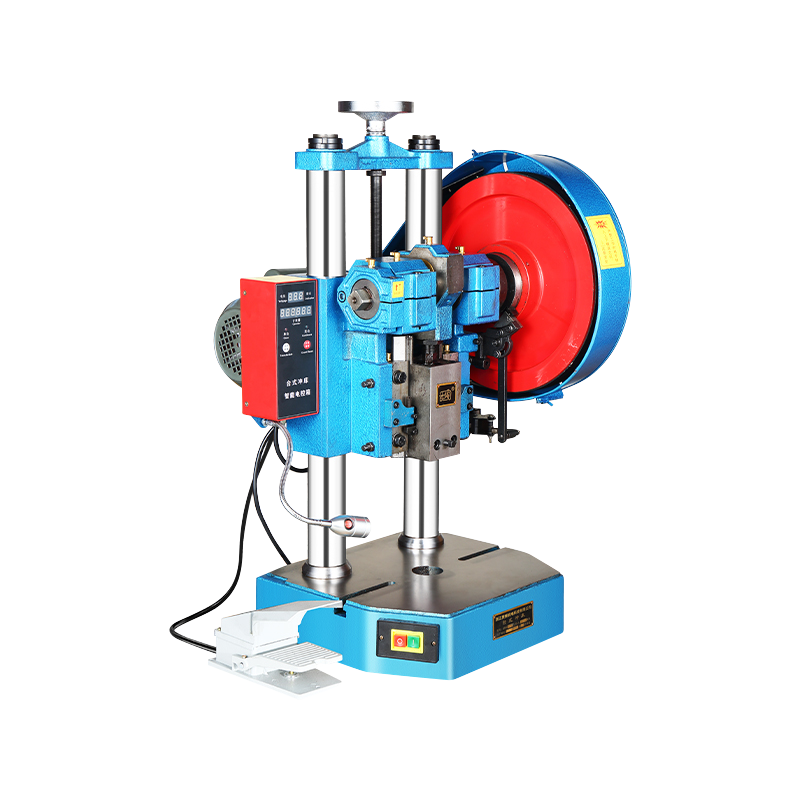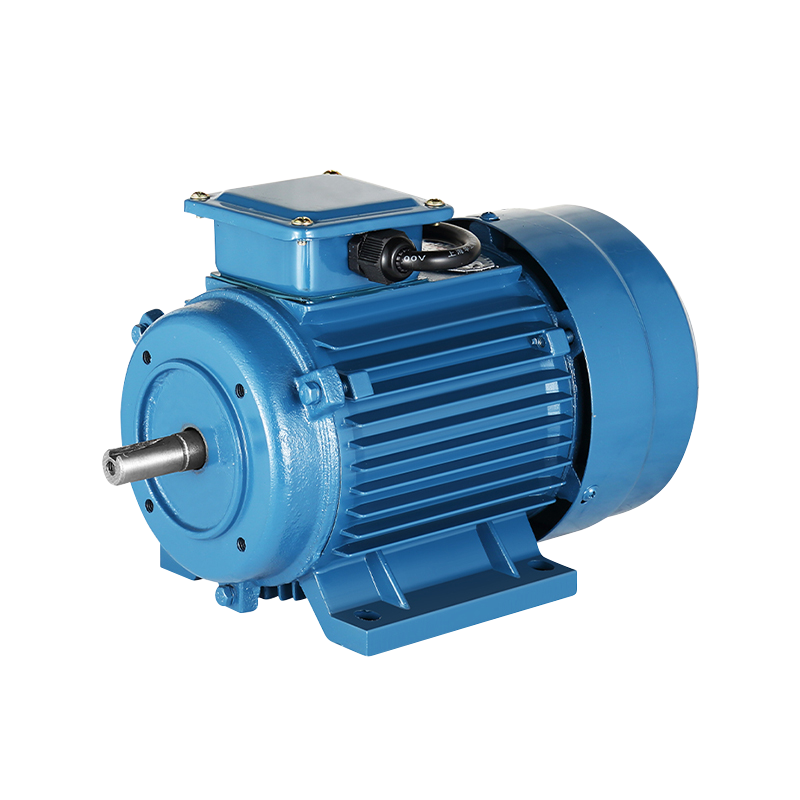Transforming Efficiency with Frequency Controlled Asynchronous Motor Technology
In the rapidly advancing world of industrial automation, the Frequency Controlled Asynchronous Motor has emerged as a pivotal component in optimizing energy usage and enhancing operational performance. This sophisticated technology, renowned for its precision and adaptability, is revolutionizing various industries by providing advanced control over motor speed and performance. Here’s how the Frequency Controlled Asynchronous Motor is setting new standards in efficiency and innovation.
The Frequency Controlled Asynchronous Motor operates on the principle of varying the frequency of the electrical supply to control the motor’s speed and torque. Unlike traditional motors that run at a fixed speed, this motor adjusts its performance dynamically according to the specific requirements of the application. This flexibility is achieved through the use of a frequency converter or variable frequency drive (VFD), which modulates the electrical frequency supplied to the motor.
The asynchronous nature of these motors means they do not require synchronization with the power supply frequency, making them ideal for applications where load conditions and speeds vary. This adaptability is a major advantage in industries where processes demand precise control and efficiency.
The Frequency Controlled Asynchronous Motor is making significant strides across a range of industries. In manufacturing, these motors are crucial for driving equipment such as conveyors, pumps, and fans. The ability to adjust motor speed in real-time allows for better process control, reduced energy consumption, and improved product quality.
In the HVAC industry, Frequency Controlled Asynchronous Motors are used to optimize the operation of fans and blowers. By adjusting the speed of these components, the motors contribute to more efficient heating, ventilation, and air conditioning systems, to lower energy costs and enhanced comfort in commercial and residential buildings.
The technology also plays a vital role in the water and wastewater sector. Frequency Controlled Asynchronous Motors are employed to drive pumps that manage water flow and treatment processes. Their ability to adjust speed based on demand helps in optimizing energy use and maintaining consistent performance across varying load conditions.
One of the compelling benefits of the Frequency Controlled Asynchronous Motor is its energy efficiency. By modulating motor speed to match the actual demand, these motors significantly reduce energy consumption compared to fixed-speed motors. This efficiency leads to lower utility bills and a reduced environmental footprint, aligning with global sustainability goals.
Operationally, the Frequency Controlled Asynchronous Motor enhances performance by providing precise control over motor speed and torque. This control allows for smoother operation of machinery, reduced wear and tear, and extended equipment lifespan. The ability to adjust speed dynamically also helps in maintaining process conditions, improving overall productivity.
The flexibility of Frequency Controlled Asynchronous Motors translates to fewer mechanical adjustments and maintenance requirements. Their ability to handle varying loads without performance degradation reduces the need for frequent repairs and replacements, to cost savings and increased reliability.
Recent advancements in Frequency Controlled Asynchronous Motor technology have introduced several innovative features that further enhance their performance. Modern systems are equipped with advanced VFDs that offer precise control over speed and torque. These drives often include programmable settings and integration capabilities with industrial automation systems, allowing for customized operation and monitoring.
Smart technology is also making its mark on Frequency Controlled Asynchronous Motors. Many new models come with built-in sensors and communication interfaces that enable real-time monitoring and diagnostics. These features facilitate proactive maintenance, help identify potential issues before they become critical, and optimize overall motor performance.
Safety is a key focus in the design of Frequency Controlled Asynchronous Motors. Advanced models are equipped with protective features such as overload detection, thermal protection, and automatic shutdown mechanisms. These safety measures ensure reliable operation and minimize the risk of equipment failure, contributing to a safer working environment.
-
Feedback

 English
English 中文简体
中文简体






